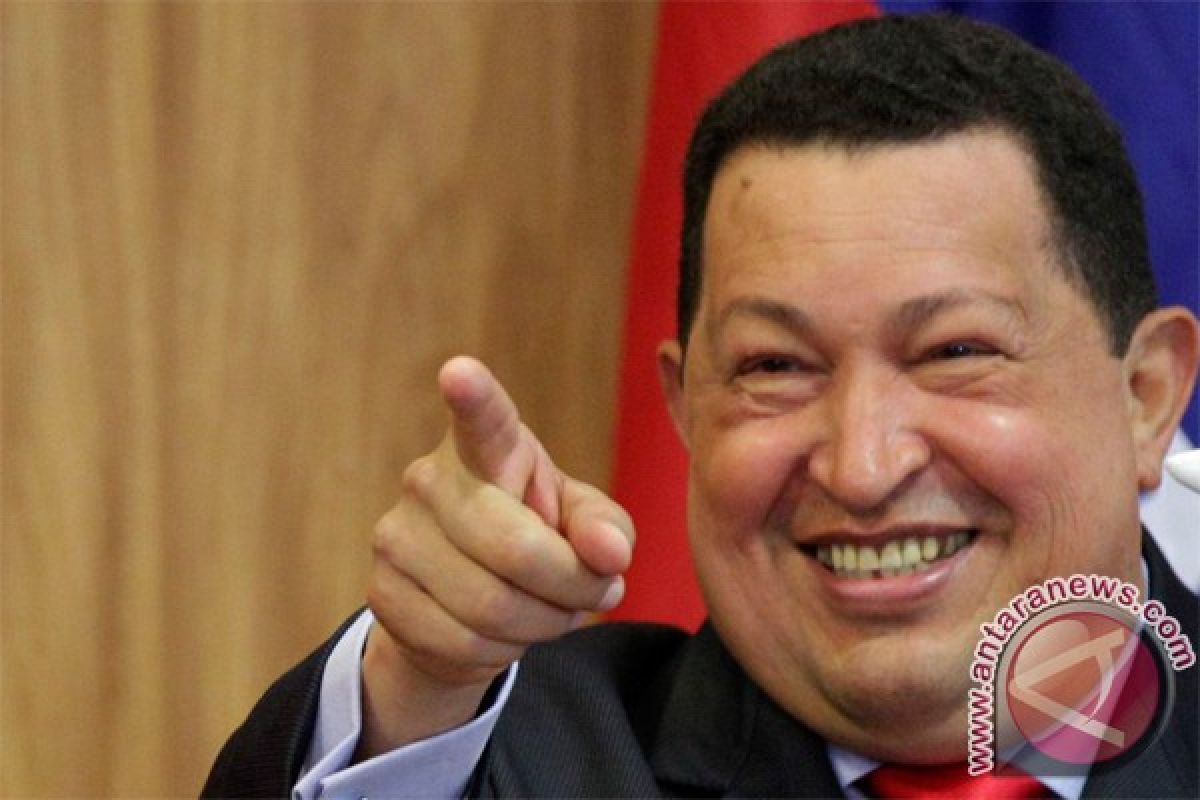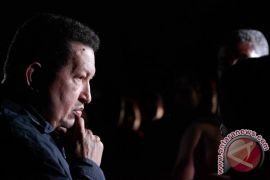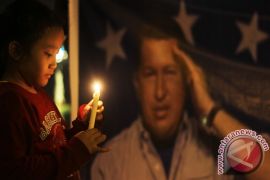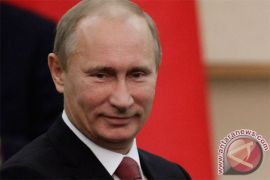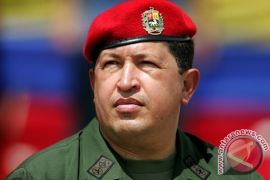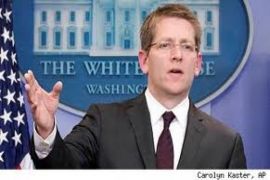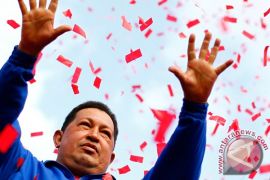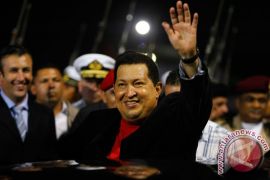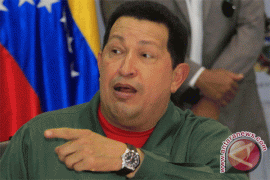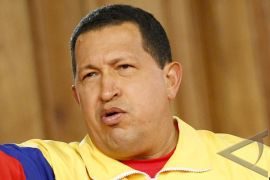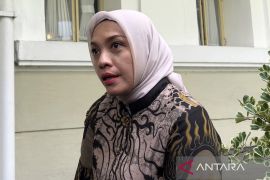"I will never support the OAS..."Caracas (ANTARA News/AFP) - Venezuela`s newly appointed foreign minister said the decree that installed him in office is proof that ailing President Hugo Chavez is still in control of the oil-rich country.
Elias Jaua was named in a decree signed by Chavez, who remains gravely ill in a Havana hospital some five weeks after complications arose during his fourth round of cancer surgery.
"If I am the foreign minister, it is because President Chavez is governing and making decisions," Jaua told a Colombian radio station.
The decree has been heavily criticized by Venezuela`s opposition, who have cited its publication in Venezuela`s official government gazette as further reason to demand that the absent president clarify how sick he is and what he can and cannot do.
The decree -- number 9,351 -- was marked "Caracas" and carries the signature of Chavez, who underwent surgery in Cuba on December 11 and has not been seen in public for more than a month.
Opposition lawmaker Carlos Berrizbeitia weighed in on the dispute Thursday, stating there was "reasonable doubt" about whether the signature on the decree was genuine and demanding the government release the original document.
"It is not possible that the president has signed the decree... in Caracas, because everyone knows he is in Havana," Berrizbeitia told local media.
Meanwhile, Vice President Nicolas Maduro -- handpicked by Chavez as his political heir -- urged the opposition to make a public apology for talking about the signature`s "falsehood."
The Venezuelan government has been releasing only minimal information on the condition of Chavez, a 58-year-old former paratrooper who first came to power in 1999 and won a third term in October elections.
He could not attend his scheduled inauguration on January 10 because of his poor health and the swearing-in has been postponed indefinitely.
Panama fired its ambassador to the Organization of American States, Guillermo Cochez, after he questioned the regional body for endorsing the Supreme Court`s decision to delay the inauguration.
The Panamanian Foreign Ministry cited "insurmountable differences of political judgment" with Cochez in dismissing him and disavowing his statements.
But Cochez did not back down, saying he did not regret his criticism of the OAS.
"I will never support the OAS or any other forum that my country supports so long as, God knows why, chaos remains in Venezuela," he said moments before he was officially let go.
Many in Venezuela find it hard to believe that Chavez -- a flamboyant and near constant fixture on television and radio -- would not address the nation in some way if he were able to do so.
Despite winning last year`s election, Chavez urged his armed forces before leaving Caracas to look out for any attempt, "from outside or from within," to destabilize the country, which has the world`s largest proven oil reserves.
The leader`s absence, combined with his decision to be treated in secrecy in strictly-controlled Cuba, has fueled speculation and concern not only about his health but the future of his leftist "Bolivarian Revolution."
(U.A061/M016)
Editor: Priyambodo RH
Copyright © ANTARA 2013
